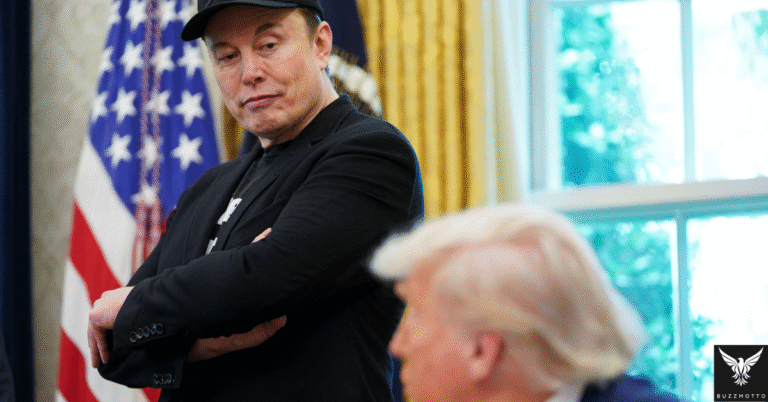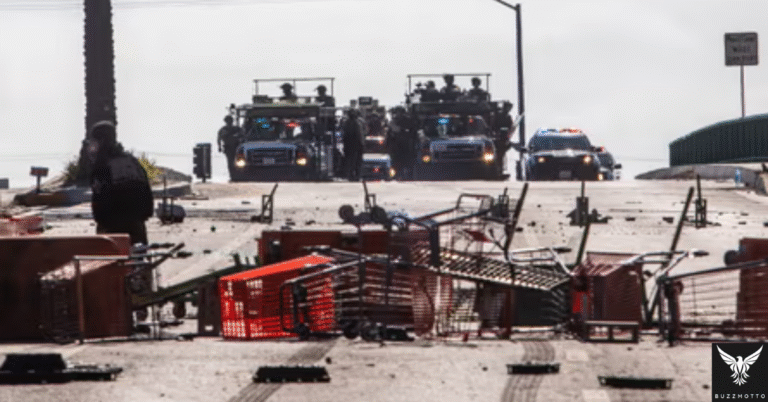
Table of Contents
Amid rising tensions and civil unrest in Los Angeles following large-scale ICE raids, President Donald Trump’s administration is now at odds with California’s state leadership over the deployment of the National Guard. Tom Homan, Trump’s immigration advisor and former acting director of ICE, declared on Fox News that the National Guard will be mobilized in LA “tonight,” drawing immediate backlash from California Governor Gavin Newsom.
ICE Raids Spark Unrest in LA
The controversy erupted following a series of Immigration and Customs Enforcement (ICE) raids across Los Angeles County. The operations, which led to dozens of detentions, triggered protests in areas like Paramount, with activists decrying the aggressive federal tactics.
In response, Homan stated, “We are making Los Angeles safer. Mayor Bass should be thanking us. We are already mobilizing.” According to Homan, the deployment of the National Guard is a done deal.
Newsom Pushes Back
Governor Newsom didn’t mince words in response to the announcement. Taking to social media platform X (formerly Twitter), he described Homan’s comments and the administration’s plans as “purposefully inflammatory.”
“The federal government is moving to take over the California National Guard and deploy 2,000 soldiers. That move will only escalate tensions,” Newsom wrote. He further emphasized that the situation in Los Angeles is under control and the state has the capability to handle any public safety issues without outside intervention.
Who Has the Final Say?
The clash raises a crucial constitutional and legal question: Who actually has the authority to deploy the National Guard?

State Control
Under normal circumstances, governors act as commanders-in-chief of their respective state’s National Guard. They can deploy Guard units to handle natural disasters, riots, and other emergencies. This authority operates under state active duty or Title 32 of the U.S. Code, where the state retains operational control and funding responsibility.
This is precisely how California handled the infamous 1992 LA riots. Then-Governor Pete Wilson called in the National Guard, and later federal troops were deployed under presidential authority when the situation escalated.
Federal Control and the Insurrection Act
The President, however, has the constitutional power to federalize the National Guard under Title 10 of the U.S. Code. In such cases, the National Guard comes under federal control, and the costs are covered by the federal government.
This power includes invoking the Insurrection Act of 1807, a rarely used law that allows the President to deploy federal troops—or federalized National Guard units—domestically if:
- State authorities are unable or unwilling to maintain public order, or
- Federal laws are being obstructed or violated in a way that cannot be addressed by regular law enforcement.
President George H.W. Bush famously invoked the Insurrection Act during the 1992 LA riots to send in federal troops after Governor Wilson requested help.

Could Trump Use the Insurrection Act Again?
Technically, yes. If President Trump determines that the unrest in LA represents an insurrection or an obstruction of federal law, he could invoke the Insurrection Act to override state objections. However, such a move would be highly controversial, especially if the state maintains that it has the situation under control.
In past instances, including the 2020 George Floyd protests, Trump floated the idea but did not formally invoke the Insurrection Act due to strong pushback from state leaders and civil liberties groups.
What Happens Next?
As of now, there is no formal confirmation from the Department of Defense regarding the deployment of 2,000 National Guard troops to Los Angeles. The Biden administration previously emphasized coordination with state governors as a key tenet of federal action—something the Trump administration may now challenge in its second term.
Governor Newsom continues to assert California’s sovereignty in handling its law enforcement matters, warning that an unauthorized deployment would “erode public trust” and further destabilize the city.
Conclusion
The showdown between Trump and Newsom over National Guard deployment is not just a political spat—it’s a test of constitutional boundaries and the delicate balance between state and federal authority. Whether or not the Insurrection Act will be invoked remains uncertain, but one thing is clear: the coming days in Los Angeles may shape future precedents for federal intervention on American soil.





